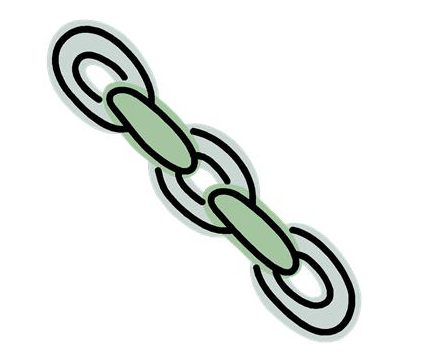Self-Collecting? Don’t Forget to Check for Image Only Files – eDiscovery Best Practices
Self-Collecting? Don’t Forget to Check for Image Only Files – eDiscovery Best Practices https://cloudnine.com/wp-content/themes/cloudnine/images/empty/thumbnail.jpg 150 150 CloudNine https://cloudnine.com/wp-content/themes/cloudnine/images/empty/thumbnail.jpg
Yesterday, we talked about the importance of tracking chain of custody order to be able to fight challenges of electronically stored information (ESI) by opposing parties. Today, let’s talk about a common mistake that organizations make when collecting their own files to turn over for discovery purposes.
read more




